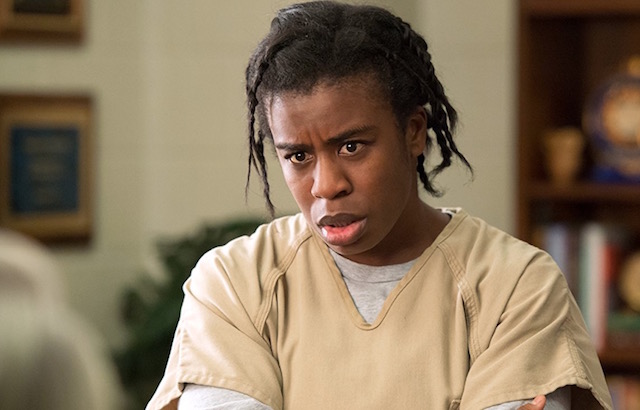I’m currently reading Just Mercy by Bryan Stevenson.
You should, too; it will make you think and talk about uncomfortable topics like the imprisonment of children, the death penalty, and race in America.
We’ve certainly been talking about these things in our house. I’ve long opposed capital punishment, but my husband often returns to the same question: “But what if it were your child who was killed?”
It’s the wrong question.
We think this question demonstrates our compassion. But the reality is, this tendency to relate to situations that could easily occur in our own lives is often what keeps us being truly compassionate.
Fifty-nine people were killed in the Las Vegas shooting on October 1, 2017. Five hundred and twelve people were killed two weeks later in Mogadishu; it was the single deadliest attack in Somalia—ever. Which tragedy did you feel more deeply? Yeah, me too.
Identifying with victims has created deep inequity in our criminal justice system. In the modern era, the single greatest factor that determines whether a person receives a death sentence is the race of the victim. Yes, you read that correctly.
This problem in part persists because juries are still disproportionately white, and prosecutors regularly strike black jurors from the juror pool. The jury, then, staring at a white victim, is more likely to be asking the question, “What if this were my child?” But they don’t seem to ask the same question or apply the same logic while looking at the defendant.
So I don’t think the entire question needs to be thrown out. Rather, we need to ask it multiple ways. We should be asking, “What if it were my child who committed the crime?” just as much as we ask “What if it were my child who was killed?”
Empathy toward victims is easy. Empathy toward the accused makes us uncomfortable. We like to believe our children—as good as they are—could never commit this type of crime. That may be true, but it doesn’t excuse us of our moral duty to see defendants as people the same way we see victims as people.
We think a vast ravine separates victims from perpetrators. In reality, it’s a fine line. We have a moral obligation to see ourselves on both sides of that line. The next time you’re faced with questions of punishment and justice—especially if you’re on a jury—put yourself in the shoes of the defendant.
Justice can still be served—but perhaps we can make it more merciful.
~
~
Author: Bethany Eanes
Image: YouTube still
Editor: Callie Rushton
Copy Editor: Catherine Monkman







Read 1 comment and reply